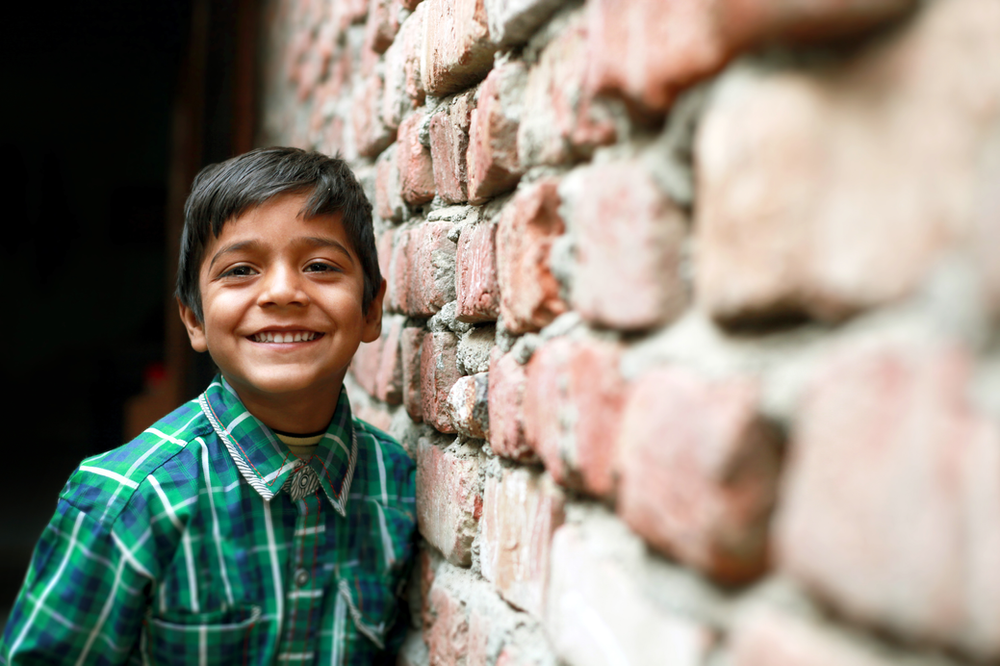
Whether or not you've mentioned it yet, Elementary aged children are often already aware of the upcoming end of the school year. They may have read books in which one school year ends and another begins, or learned about it from other children, or other sources. Children in the Second Plane are not only capable of understanding the importance of big life changes… they appreciate them in an especially personal way. Focused on group experiences and attentive to their audience, these children want to plan and enact more public acknowledgments of the end of the school year (or the teacher moving on, or the graduating third-years, or the first official day of summer… ) This is developmentally appropriate. Look for ways to support children as they prepare for the end of the year and the beginning of summer.
Children in the Second Plane can handle more notice: While younger children need just a little lead time on environmental changes, children in the second plane are able to think more abstractly and can better predict the passage of time. For these children, give them ample notice in order to be able to support their taking the lead in any acknowledgments they'd like to undertake.
Ask them how they'd like to honor the transition. Your child's school may already have its own traditions for ending the school year. If so, you should ask your child's teacher how soon they begin to prepare for those traditions so you're able to help talk with your child about them at home. Even if there are events at school, ask your child if there's something that would be meaningful or useful to them as they marked the end of the year. Would they like to paint a stone for the garden to acknowledge the transition? Or prepare a special lunch together to share on their first day home from school? Notice that the ends of things often come with complicated emotions, and make space and time for your child to talk about those.
To the degree that it is financially and reasonably practical, let them direct their summer plans. Children in Elementary can help to research and select from summer programs. You can offer your Second Plane child criteria that will satisfy you (budget, distance from home, daily schedule, etc.), then support them in finding details about programs you can consider together.
But remember that they don't need more plans than you do: Your work schedule might demand that your child have formal summer activities. But if you have flexibility, make sure to leave time for boredom. Let your children have time when they can just hang in their yards or play with friends. They don't benefit from sitting in front of a computer or television all day, so be careful not to let unscheduled time translate into screen time. Instead, discover your own community. Public parks and the library system offer great children's programs that your child can tap into independently. Learning about your own community, like learning to ride the bus or researching the history of particular named places in your town, is an inexpensive way to engage children's civic interests at this age. Just be sure not to schedule everything. Children need downtime, unscheduled, extended time in nature, time enough away from the programs that entertain them and time enough in boredom to come up with new ways to entertain themselves.
Welcome them to write Thank You notes to the people who have helped make this year a success. You might be planning gifts for your child's teacher, and demonstrating your family's gratefulness is certainly a good thing to do. But you teach your children a different skill when you ask them to write their own Thank You notes. Use this opportunity to model what a Thank You note should include:
– A greeting, addressing the recipient by name, like, "Dear Mr. Johnson."
– An acknowledgement of thanks, like, " Thank you so much for a great year in Upper Elementary."
– A specific detail or two that supports the thanks, like, " I especially liked learning with you about sharks and when our class planned the reflection garden together."
– A wish for the future, like, " I hope your summer is restful and fun."
– A closing signing the writer's name
Of course, encourage your child to personalize and detail their letters as much as possible, and remember that this is a life skill that helps your child to learn to organize their thoughts and communicate them clearly and to take time to acknowledge the people who have helped them to learn and grow.
Finally, know that even older children need time to adjust to goodbyes. The bigger the change, the more likely it is to take a while to settle down. Be patient with your child, checking in if they seem less predictable than usual. Be as predictable yourself as you can be, and model an authentic emotional response. Stay present, stay patient, and stay engaged as they learn from you how to handle endings and beginnings.
#Transitions #SecondPlane #Elementary #ForParents
